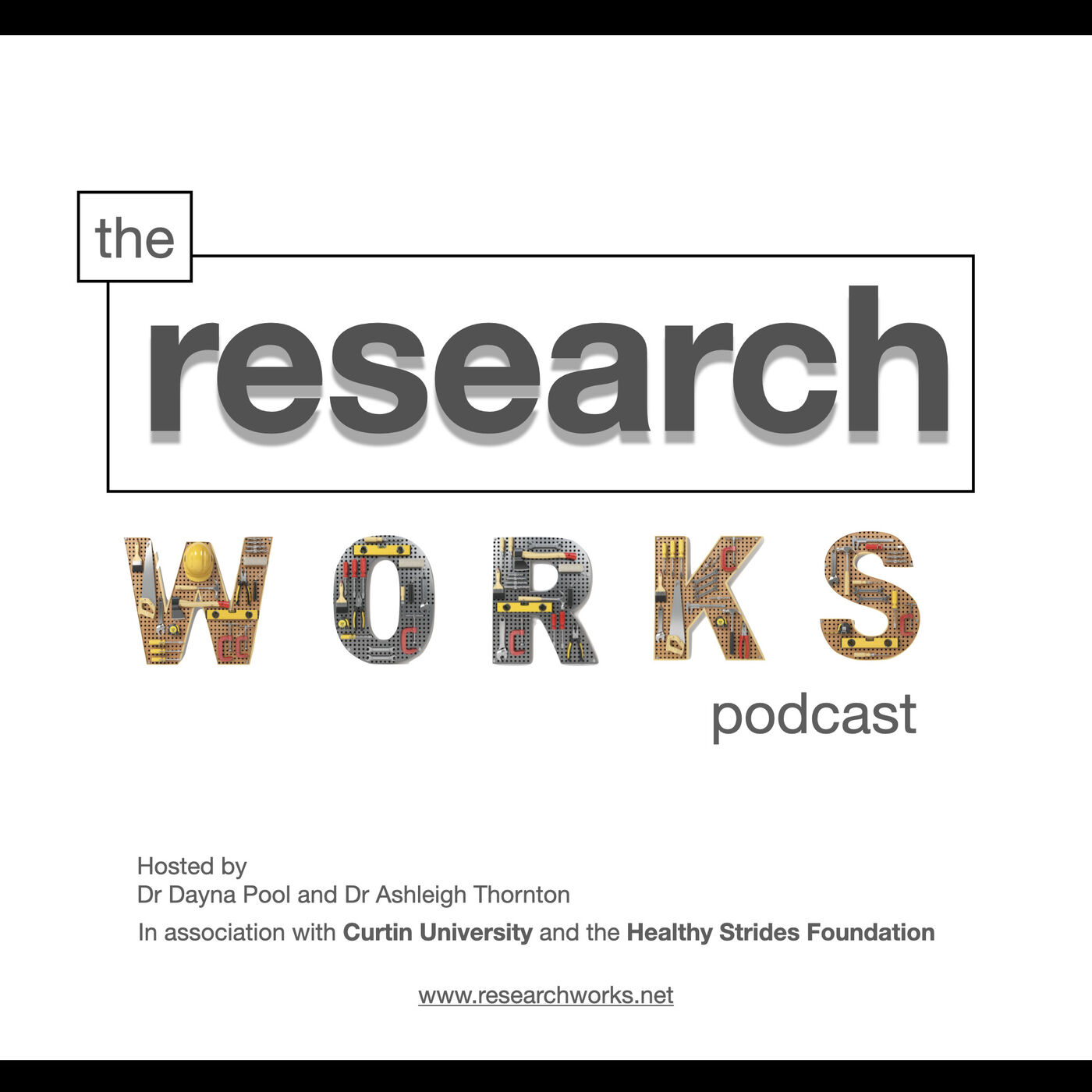- After-Shows
- Alternative
- Animals
- Animation
- Arts
- Astronomy
- Automotive
- Aviation
- Baseball
- Basketball
- Beauty
- Books
- Buddhism
- Business
- Careers
- Chemistry
- Christianity
- Climate
- Comedy
- Commentary
- Courses
- Crafts
- Cricket
- Cryptocurrency
- Culture
- Daily
- Design
- Documentary
- Drama
- Earth
- Education
- Entertainment
- Entrepreneurship
- Family
- Fantasy
- Fashion
- Fiction
- Film
- Fitness
- Food
- Football
- Games
- Garden
- Golf
- Government
- Health
- Hinduism
- History
- Hobbies
- Hockey
- Home
- How-To
- Improv
- Interviews
- Investing
- Islam
- Journals
- Judaism
- Kids
- Language
- Learning
- Leisure
- Life
- Management
- Manga
- Marketing
- Mathematics
- Medicine
- Mental
- Music
- Natural
- Nature
- News
- Non-Profit
- Nutrition
- Parenting
- Performing
- Personal
- Pets
- Philosophy
- Physics
- Places
- Politics
- Relationships
- Religion
- Reviews
- Role-Playing
- Rugby
- Running
- Science
- Self-Improvement
- Sexuality
- Soccer
- Social
- Society
- Spirituality
- Sports
- Stand-Up
- Stories
- Swimming
- TV
- Tabletop
- Technology
- Tennis
- Travel
- True Crime
- Episode-Games
- Visual
- Volleyball
- Weather
- Wilderness
- Wrestling
- Other
Episode 66 (Professor Christine Imms)
Participation, both a means and an end: a conceptual analysis of processes and outcomes in childhood disability<br/>Christine Imms, Mats Granlund, Peter H Wilson, Bert Steenbergen, Peter L Rosenbaum, Andrew M GordonPMID: 27640996DOI: 10.1111/dmcn.13237Free articleAbstract<br/><br/>This review outlines a conceptual approach to inform research and practice aimed at supporting children whose lives are complicated by impairment and/or chronic medical conditions, and their families. <br/><br/>'Participation' in meaningful life activities should be an essential intervention goal, to meet the challenges of healthy growth and development, and to provide opportunities to help ensure that young people with impairments reach their full potential across their lifespan. <br/><br/>Intervention activities and research can focus on participation as either an independent or dependent variable. The proposed framework and associated hypotheses are applicable to children and young people with a wide variety of conditions, and to their families. <br/><br/>In taking a fresh 'non-categorical' perspective to health for children and young people, asking new questions, and exploring issues in innovative ways, we expect to learn lessons and to develop creative solutions that will ultimately benefit children with a wide variety of impairments and challenges, and their families, everywhere.

